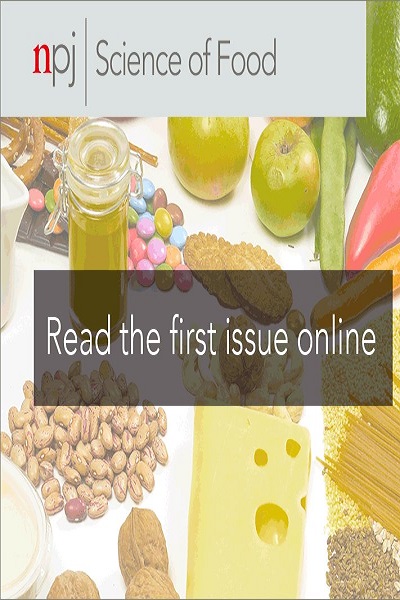A randomised crossover trial of nitrate and breakfast on prefrontal cognitive and haemodynamic response functions
IF 6.3
1区 农林科学
Q1 FOOD SCIENCE & TECHNOLOGY
引用次数: 0
Abstract
It remains unknown whether dietary nitrate and breakfast may enhance working memory (WM) performance by augmenting physiological mechanisms and subjective psychological well-being. We performed a 3-arm randomised within-subject crossover study, with pretest-posttest comparisons, to test whether nitrate consumption via breakfast with a beetroot juice shot or regular breakfast compared to no breakfast improved WM (measured with n-back tests) and cognitive task-related changes in prefrontal cortical haemodynamic response (oxygenated- and deoxygenated-haemoglobin derived from functional near-infrared spectroscopy). In addition, effects on peripheral vascular function and self-reported psychological factors were assessed. In 60 adolescents (13–15 years old; 66% girls), WM improved in all conditions, with no intervention effects. Intervention effects were seen for oxygenated-haemoglobin changes, such that it increased after the breakfast with a nitrate shot during the WM tests and decreased after the regular breakfast. Thus, different neurophysiological mechanisms may be at play to preserve WM in adolescents depending on their breakfast composition. The trial was registered in the ISRCTN registry (ISRCTN16596056) on 21/02/2022.

硝酸盐和早餐对前额叶认知和血流动力学反应功能的随机交叉试验
膳食中的硝酸盐和早餐是否会通过增强生理机制和主观心理健康来提高工作记忆(WM)能力,目前仍是一个未知数。我们进行了一项三臂随机受试者内交叉研究,并进行了前测-后测比较,以检验与不吃早餐相比,通过含甜菜根汁的早餐或普通早餐摄入硝酸盐是否能改善工作记忆能力(通过n-back测试测量)以及前额叶皮质血流动力学反应中与认知任务相关的变化(通过功能性近红外光谱仪得出的氧合血红蛋白和脱氧血红蛋白)。此外,还评估了对外周血管功能和自我报告心理因素的影响。在 60 名青少年(13-15 岁;66% 为女孩)中,WM 在所有条件下都有所改善,没有干预效果。干预效果体现在氧合血红蛋白的变化上,例如,在进行 WM 测试时,早餐中添加硝酸盐后,氧合血红蛋白会升高,而普通早餐后,氧合血红蛋白会降低。因此,不同的神经生理机制可能会根据早餐成分的不同而对青少年的 WM 起保护作用。该试验已于 2022 年 2 月 21 日在 ISRCTN 注册中心注册(ISRCTN16596056)。
本文章由计算机程序翻译,如有差异,请以英文原文为准。
求助全文
约1分钟内获得全文
求助全文
来源期刊

NPJ Science of Food
FOOD SCIENCE & TECHNOLOGY-
CiteScore
7.50
自引率
1.60%
发文量
53
期刊介绍:
npj Science of Food is an online-only and open access journal publishes high-quality, high-impact papers related to food safety, security, integrated production, processing and packaging, the changes and interactions of food components, and the influence on health and wellness properties of food. The journal will support fundamental studies that advance the science of food beyond the classic focus on processing, thereby addressing basic inquiries around food from the public and industry. It will also support research that might result in innovation of technologies and products that are public-friendly while promoting the United Nations sustainable development goals.
 求助内容:
求助内容: 应助结果提醒方式:
应助结果提醒方式:


